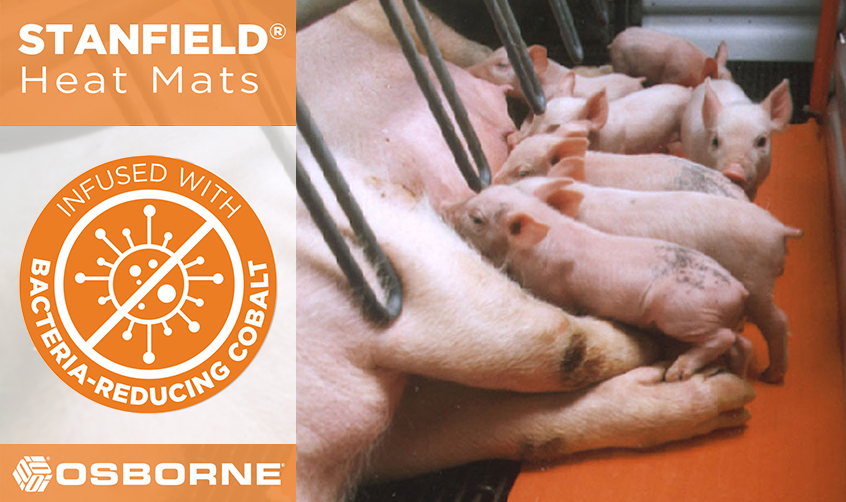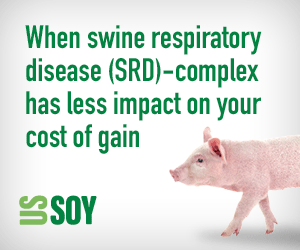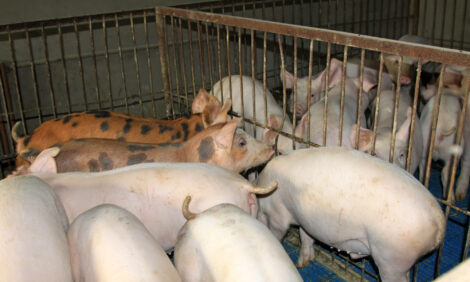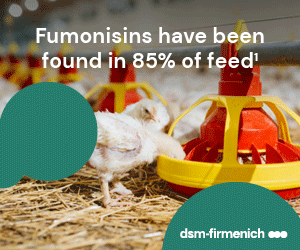



Gene editing research sheds light on sex determination in pigs
New research on sex determination suggests that producers may not have to surgically castrate male pigs to prevent boar taint.Researchers report gene editing experiments targeting a region of the Y chromosome that show a key region for sex determination. Although the sex-determining region of the Y chromosome, or SRY, is thought to regulate development of male mammals, the mechanism of the region is unknown, as is whether other regions of the chromosome also contribute to sex characteristics.
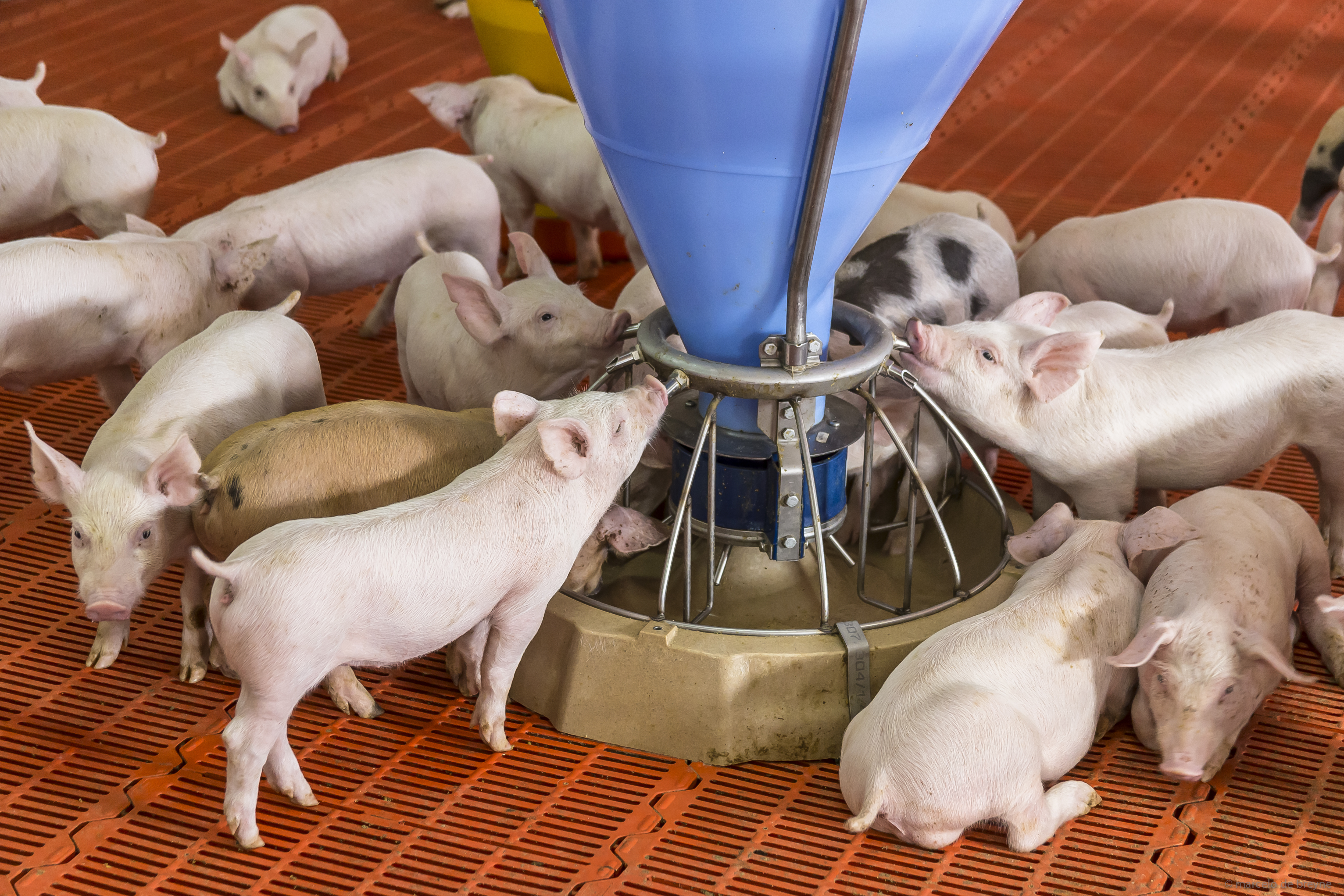
Björn Petersen and colleagues used CRISPR/Cas gene editing to knockout a central group within SRY in pig genomes, causing downstream mutation effects. The knockout resulted in pigs that were genetically male, with a Y chromosome, but physiologically female, although by 9 months of age the sex organs were significantly smaller in the gene-edited pigs than in control females of a similar age, leading to sterility in gene-edited pigs.
Incomplete female development in the XY pigs, the researchers write, demonstrates the key role of a second X chromosome in normal female genitalia development and highlights the role of the central group of the SRY region in male sex determination in pigs.
According to the authors, the results provide a possible alternative to surgical castration in commercial pig production to prevent boar taint and, owing to the genetic, physiological, and anatomical similarities between pigs and humans, provide a large animal model for investigating mammalian sex determination and sex development disorders.







